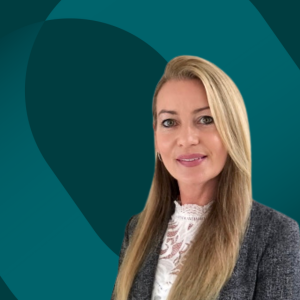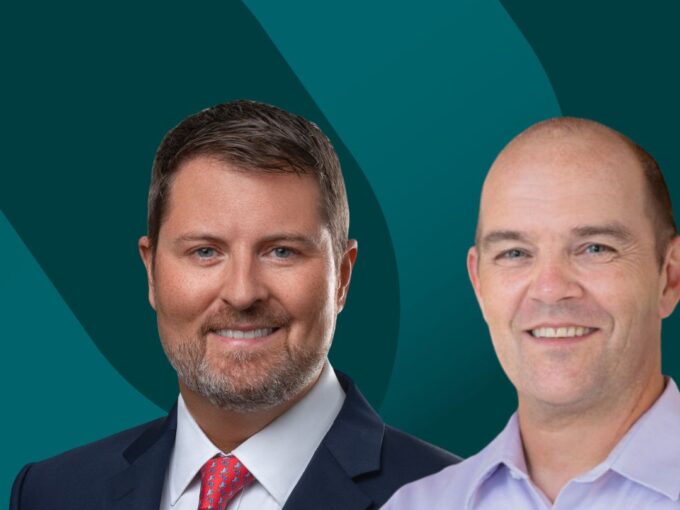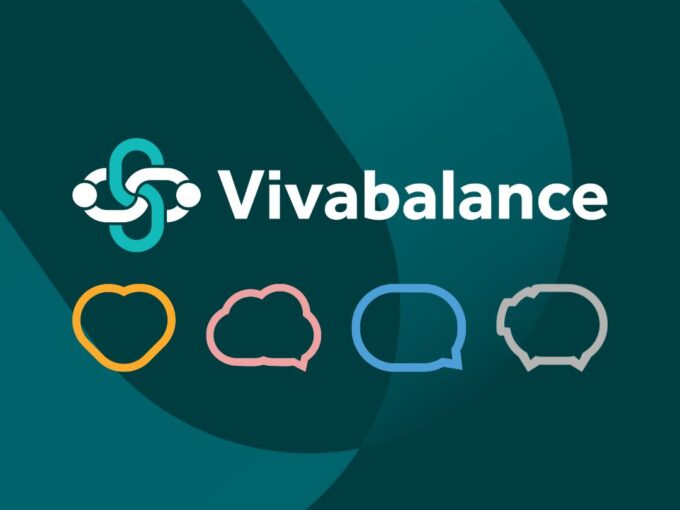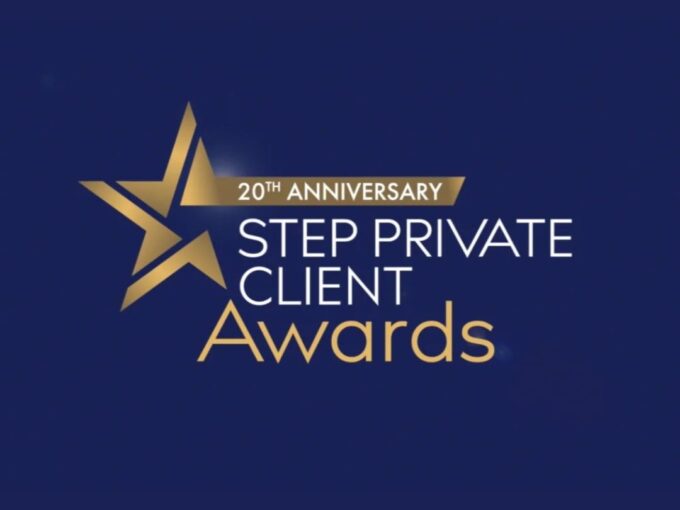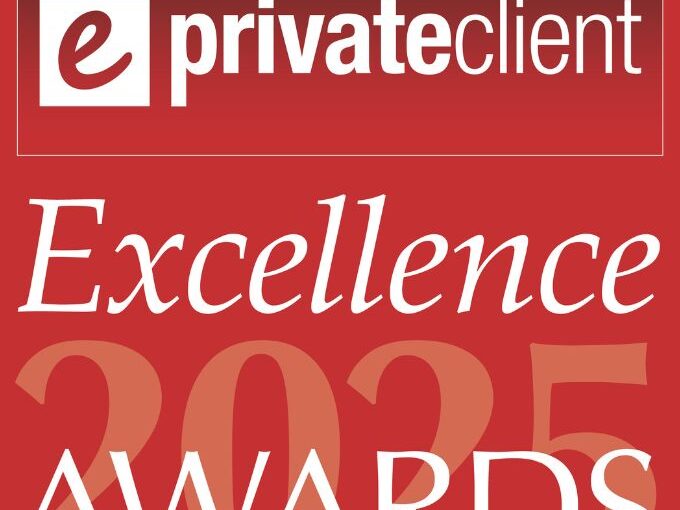Q&A: Intellectual Property in a Guernsey company

Intellectual property: what is it and why is protecting it so important?
When Intellectual Property is held in a Guernsey company, legal ownership, and responsibility, of the asset is transferred to the Guernsey directors, so it is important to engage a firm with experience in this complex service area. Saffery Trust Client Director, Simon Murphy, and Tax Manager, Tina Coutanche, explain more.
What is Intellectual Property?
Simon: Intellectual Property (IP) encompasses a wide range of intellectual creations including logos, names, literary works, and computer code. We receive IP enquiries for a vast array of assets, including patents, fintech, software and image rights for high-profile public figures. IP protection varies by jurisdiction, with some countries recognising more types of IP than others. International conventions, agreements, and treaties, by which signatory countries are bound. For example, Guernsey is a signatory to 14 such agreements, alongside its own IP legislation.
Why is it important to protect IP?
Tina: Protecting IP rights is essential for several reasons, including fostering innovation, preserving brand value, attracting investment, and ensuring legal recourse opportunities in cases where IP has been misused. IP protection also offers a competitive advantage for creators and entrepreneurs to safeguard their work.
What is the role of a Corporate Service Provider when it comes to IP?
Tina: Understanding IP laws and obligations is complicated and getting it wrong can lead to severe penalties. The complexity of this service area can result in a nervousness from some providers to undertake IP work. In Guernsey, a failure to understand, or meet, economic substance requirements relating to IP can result in fines between £10,000 and £150,000 and will result in a strike-off from the registry in the case of repeated non-compliance.
Appointing an experienced corporate service provider to manage the burden of adhering to IP regulations is a highly effective way to mitigate the risk of these substantial penalties. Choosing an experienced provider is paramount.
Simon: An important part of our role for Guernsey-registered companies is to ensure that they are managed and controlled in Guernsey, all Board meetings take place in Guernsey and that all decisions are reflected in minutes. In addition to holding responsibility for regulatory compliance, a corporate service provider will also ensure that IP is appropriately protected, managed, and monitored. This can be a significant administrative undertaking, which some individuals prefer to assign to a team of professional service providers.
We provide a high level of Corporate Governance, which can future-proof the marketability of the IP for entrepreneurs who may, at a later date, wish to attract new investors/business partners, sell the IP, or even list the company on a stock exchange.
What is your approach to IP enquiries?
Simon: I have seen an increase in IP-related enquiries, reflecting a growing trend, especially within the fintech and software sectors. Entrepreneurs are increasingly seeking to safeguard their ideas and creations. While clients may have a good understanding of how to protect tangible assets such as art or vehicles, the complexities of safeguarding IP are, often, underestimated.
In the case of fintech, software and patents I will discuss at length with the parties how they see the business operating, their continued roles and their relationship with us, outline the various obligations we have and how we navigate them together. It is imperative I understand the IP and the sector/industry in which it operates, so I am aligned with the client to provide the best possible service.
Once I have a good understanding of the enquiry, I will work closely with Tina and our Compliance Team to assess the request, taking many factors into consideration, including risk, before proposing a quote for the scope of work needed.
Tina: It is essential that we work together to consider all risks relating to IP, including reputational risks for Saffery Trust as well as risks to the prospective client that they may not have identified.
We undertake comprehensive due diligence, which includes screening individuals and any entities that the Guernsey structure will be contracting as part of licencing the IP. Due to our regulatory obligations, this is likely to be more thorough than if an individual was managing the IP personally. This process provides an extra level of protection for the client, any intermediaries, and to us.
What does day-to-day IP work involve?
Simon: The administrative work we undertake is tailored to meet the needs of each client and no two days are ever the same. For example, for clients possessing image rights, we monitor against misuse and ensure that all parties fulfil contractual obligations, such as the required public appearances and social media content.
The advantage of using a corporate service provider is that high-profile figures are protected by a level of anonymity in the case of legal proceedings if their IP has been misused. For example, we issue cease and desist letters when IP is being misused. These letters are sent on behalf of the company holding the IP, preserving the individual’s right to privacy.
Tina: My role contributes to the delivery of a first-class client service. I stay updated on IP laws and assist in ensuring that the company can evidence to the satisfaction of the Director of Income Tax that its Core Income Generating Activities are being performed in Guernsey. I also deal with any enquiries raised by the Guernsey Revenue Service.
What are the biggest challenges to IP work?
Tina: Meeting the substance regulations is, by far, the most challenging aspect when it comes to IP. It is imperative to ensure our clients, and their advisors, understand the scale of this obligation and why our role is so important. We approach this by being clear from the beginning of the relationship.
Simon: The complexities surrounding IP mean that we have to ask a lot of questions from the outset. There have been rare instances where a client’s advisors will deem these questions to be a hindrance, which is potentially challenging, however we are adept at explaining the benefits to the client and draw on years of experience to be efficient in gathering the information needed.
What do you enjoy most about IP work?
Simon: I love the variety of IP work; I get to learn about fantastically innovative things. I think it’s important to be excited by your work and IP is one aspect of my role that provides that opportunity. I get to build relationships with interesting people doing exciting things and learn more about areas that I never thought I would be involved in.
Tina: I really value playing a part in helping people to protect their ideas and work and knowing that we have taken away a significant burden from them. Although my role can be nerve-wracking due to the consequences of getting it wrong, the flip side of that is the sense of pride and satisfaction in getting it right.




